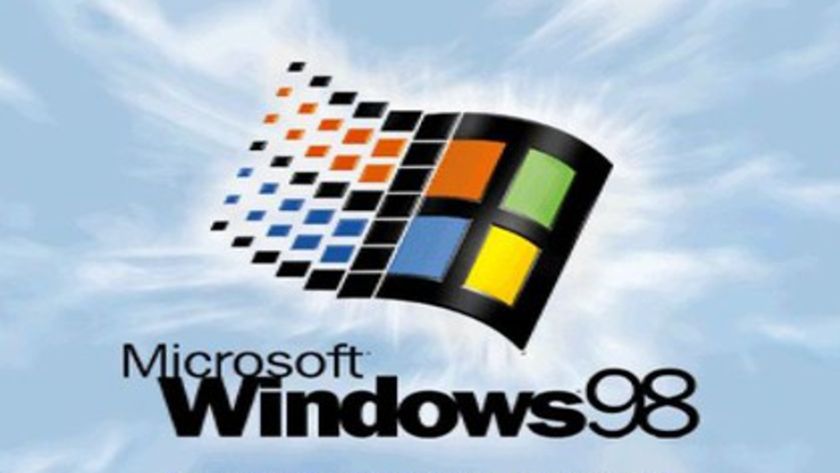The majority of us on Earth may worry about patch management for the most recent versions of Windows, but the European Space Agency’s (ESA) Mars Express spacecraft has gotten the first upgrade to its Windows 98-based system in 19 years.
The project was launched to look for evidence of liquid water on Mars, including a possible saltwater lake 20x30km in size that is thought to be buried beneath 1.5 km of ice in the southern polar area of the planet.
Software for the Mars Express, which was launched in 2003, and its MARSIS (Mars Advanced Radar for Subsurface and Ionosphere Sounding) water probe was naturally created using Windows 98, one of the most popular operating systems at the time.
And that’s how we discovered that there’s possibly a computer in orbit over Mars that can run Doom. Mars is famous for being the location for id Software’s demon-blasting first-person shooter rather than having an abundance of alien life. Many thanks, Colonel Hadfield.
The updates were conducted by engineers from the Istituto Nazionale di Astrofisica (INAF), Italy, and were fully funded by the Italian Space Agency (ASI).
What does this mean?
According to the agency, the update will allow the spacecraft to see Mars and its moon Phobos in greater detail.
Using its 40-meter-long antenna, the Mars Advanced Radar for Subsurface and Ionospheric Sounding (MARSIS) equipment on Mars Express transmits low-frequency radio waves down towards the planet.
Most of these waves are reflected from the planet’s surface, but significant amounts travel through the crust and are reflected at boundaries between layers of different materials below the surface, including ice, soil, rock, and water.
“Previously, to study the most important features on Mars, and to study its moon Phobos at all, we relied on a complex technique that stored a lot of high-resolution data and filled up the instrument’s on-board memory very quickly,” said Andrea Cicchetti, the MARSIS deputy principal investigator and operation manager at INAF.
He added: “By discarding data that we don’t need, the new software allows us to switch MARSIS on for five times as long and explore a much larger area with each pass.”
Also Read: 8 Best Note Taking App for Windows 10

